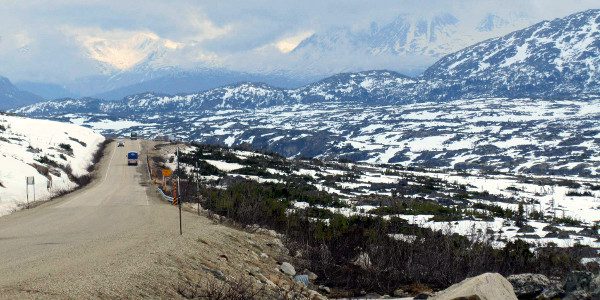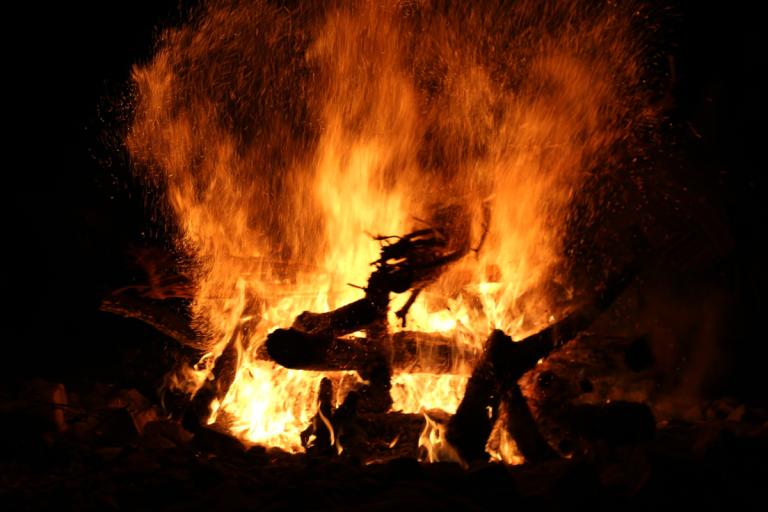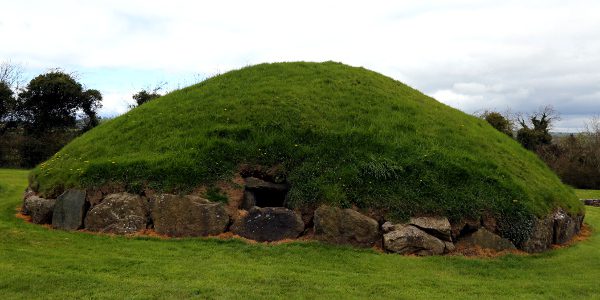One of the things that really bothered me growing up in a conservative version of Christianity was the emphasis on obedience and hierarchy. Children should obey parents, wives should obey husbands, slaves should obey masters, citizens should obey government, and everyone should obey God. Now, there’s something to be said for an orderly society, and I’ll gladly yield to the authority of competence and wisdom (though that’s complicated and deserves its own post some time in the future). But the idea of obeying someone simply because of who and what they are always struck me as wrong, practically as much as ethically.
Paganism – at least in its more popular forms – does away with all that. Sometimes it goes too much in the anti-hierarchical direction (consensus doesn’t always produce the best decisions), but its emphasis on egalitarianism and meritocracy (either you can do the magic or you can’t) was a welcome change for me and for many others.
Polytheists tend to emphasize the power and might of the Gods, but few traditions demand the unquestioning obedience of conservative Christianity and none (as far as I know, anyway) insist that we are the property of our Gods who may do with us as They choose, as does Calvinism. Our Gods are not “wholly other” and They don’t want to be our saviors – they want us to embody Their virtues and grow up.
And yet They are so much more than us that sometimes it’s impossible not to feel small.
When we spend all our time in a human-built world – particularly when that world is built for us and people like us – the world starts to look familiar, manageable, and safe. Are you cold? Turn up the thermostat. Hungry? Get something out of the refrigerator. Sleepy? Lock the door and turn out the light – you’ll be safe in your bed till you wake up in the morning.
Except the world doesn’t work that way for a lot of people. It never works that way for most non-human creatures. A hail storm came through North Texas last Sunday. Thunderstorms, hail, and tornados are a fact of life in Spring in this part of the world, but this was perhaps the most severe hail storm I’ve experienced. Still, we were safe and dry. The roof held up fine.
I thought about the birds I heard singing earlier in the day. Where were they? Nickle-sized hail stones could easily kill a bird. One hail stone wouldn’t kill a human, but being exposed to them for the ten minute duration of the storm very well might.
In 2011 I visited Alaska, including a side trip into the Yukon Territory of Canada. I was safely and swiftly toured around in a modern bus, but just getting off the bus and looking around made very clear the meaning of wilderness. Get even a short distance away from the main towns and off the main roads and you are quite literally on your own. If you have problems there is no 911 and no AAA. You take care of yourself or you die.
Feeling small in places like Alaska isn’t the result of some artificial hierarchy. It’s not caused by some preacher telling you to obey his God or burn in a hell that almost certainly doesn’t exist. Rather, it’s caused by an honest acceptance of the facts: in the wilderness, you are small.
Accepting your smallness helps you respect the bigness of Nature. It inspires you to learn the skills necessary to survive in an unforgiving environment. It motivates you to form alliances and friendships with your neighbors so that if the worst happens, you don’t have to deal with it alone. It reminds you that life is about so much more than yourself.
Feeling small before the immensities of Nature is a good thing.
Browsing through the Pagan internet or through the Pantheacon schedule shows how different Pagans have many different conceptions of the Gods and how we should worship and work with them. This theological diversity is mostly a good thing, reflecting the diversity of our world and of the Gods Themselves. But all paths do not lead to the same destination.
When our Gods are only in our heads, They start to look familiar, manageable, and safe. We may start to think They’re here just for us, that if only we ask They will give us whatever we want, that Their priorities are our priorities… and that They hate the same people we hate…
On a few occasions, I have had the direct, first-hand experience of a deity. I can’t describe it, not because talking about it is forbidden but because the experience is ineffable – impossible to fully describe with words. How can you describe colors to a blind person? You can explain wavelengths and compare color to heat and to texture, but that can’t fully convey the experience of color.
What I can tell you is that the direct, first-hand experience of a deity is an experience of wonder and awe. It was – for me, anyway – a taste of what it must be like to be a God: power, strength, knowledge, wisdom, and connections I can’t comprehend. And it was undeniably real.
And when it was over and I was only me again, I realized just how small I am compared to a God.
This is not the forced smallness and wholly otherness of fundamentalism. This is simply experiencing reality, which is that however strong and wise we may be, the Gods are more.
Accepting your smallness helps you respect the virtues of the Gods. It inspires you to learn those virtues and the values that flow from them, and in doing so to live a better life. That in turn helps you build a better world here and now, and over time, to become more God-like yourself.
Feeling small in the presence of the Gods is a good thing.
When we have joined the ancestors in the Otherworld, no one left here is ever going to say “he was a real jerk, but he obeyed the Gods, so let’s remember him kindly.” Ultimately we are all responsible for our own lives and the legacy we leave behind.
But the Gods I know have shown Themselves to be wiser than me. They do not always tell me why They want me to do something, but I have never found Their instructions to be dishonorable or untrustworthy. I feel small in Their presence, but that smallness simply reminds me focus on Their values and Their virtues.
And when I do, I’m a little less small than I was before.


















